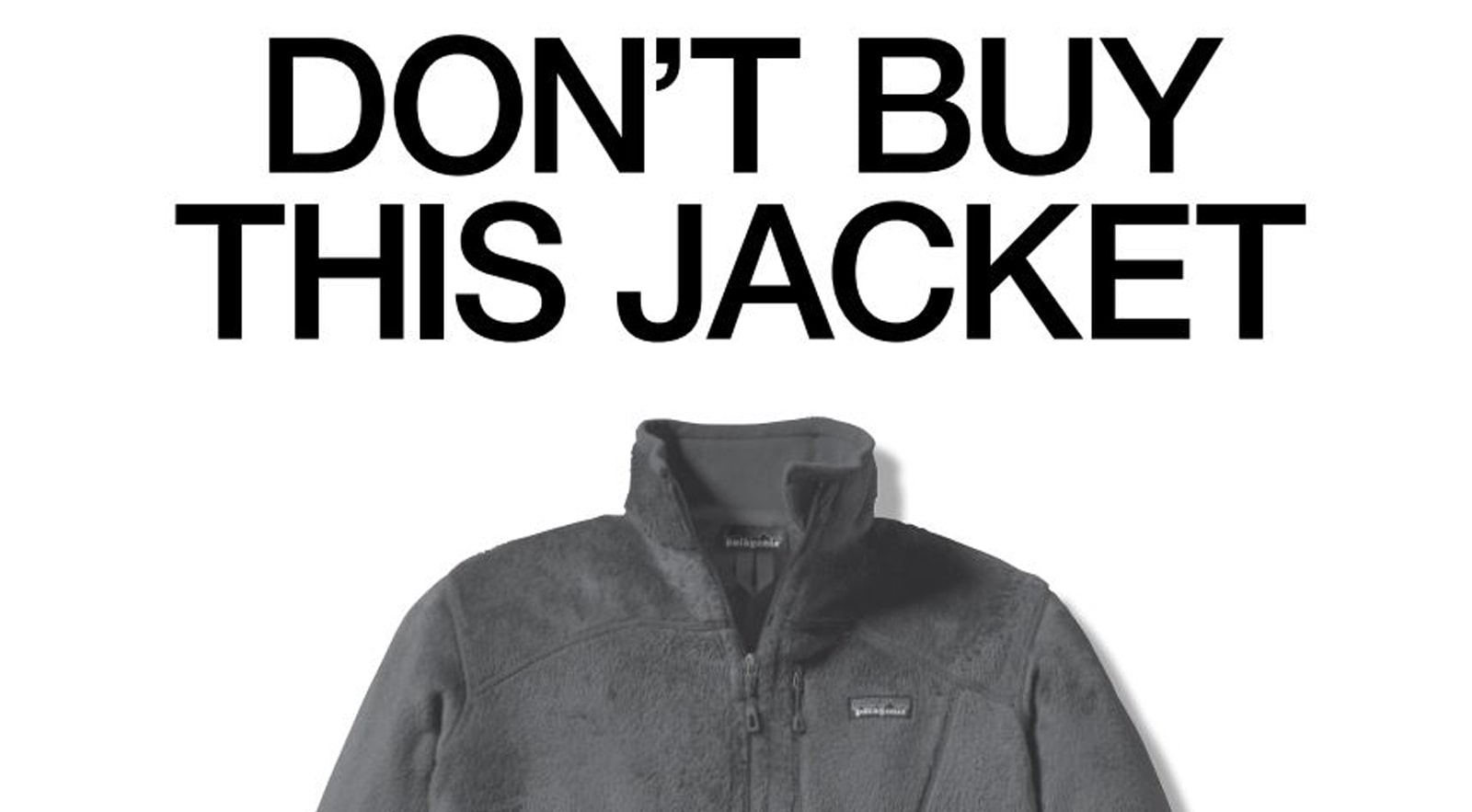Trend Identification
It comes to no surprise that many of the companies taking the lead in sustainability in today’s world are unique in their approaches to product or service packaging. Let us look at examples:
- Patagonia, over a $1B in revenue per year as of June 2021
- Oatly, valued at $13B as of May 2021
- WHOOP, valued at $1.2B as of October 2020
These companies retain a strong and consistent grip on connecting with consumers as well as sharing a unique brand mission. In a world of increasing demand for sustainable products and goods, especially in light of the COVID-19 pandemic, it makes sense that Generations X, Y, and Z show affinity to brand values in their purchasing decisions. In fact, 62% of consumers globally want companies to take a stand on the social, cultural, environmental and political issues closely aligned with their personal values, and will consume accordingly. With this in mind, this piece aims to provide insight on the relationship between product and packaging, especially within companies focused on sustainability or nutrition-focused CPG brands.
First off, some of the most successful sustainable businesses so far in the 21st century, such as Oatly and Patagonia, have strong customer loyalty and customer retention. After much reflection on this phenomenon, I have come to the belief that this could be the result of the ways in which these brands deliver their brand narrative to consumers. If the consumer is able to “buy in” to the brand’s philosophy, then lifelong trust between the organization and consumer is established.
- Patagonia’s CEO Yvon Chouinard has released many books, such as Let my People Go Surfing, on the philosophies, notes, and goals for his company. Patagonia simultaneously partners with thought leaders with similar sustainable missions, such as grassroot nonprofits and professional outdoor athletes. A consumer with the ability to read Yvon’s book on Patagonia’s philosophy and connect with Patagonia on that deep of a level will be a lifelong consumer as well as brand advocate.
- Oatly publishes an annual Sustainability Report to provide information related to the brand’s mission of encouraging non-dairy milk, uncovering employee diversity data, and showcasing brand values.
This allows consumers in the market to share in the brand narrative of the company, and to vicariously join in the mission. These companies offer not transaction experiences but rather transformational exchanges, including documentaries, workshops, and partnership events to engage new and existing consumer segments. These brands develop deep, complex, and reflective ways in which to approach business, and are able to turn consumers into brand believers and advocates. In turn, CLV (Customer Lifetime Value) increases within consumer segments of a brand that can effectively and genuinely convey its brand philosophy, e.g. Patagonia and Oatly.
CLV increases within consumer segments of a brand that can effectively and genuinely convey its brand philosophy, e.g. Patagonia and Oatly.
This makes sense. The emergence and continued growth of impact investing, ESG, and value-based investing conveys consumers demands for transparency within business operations. Businesses that can communicate their brand philosophy, whether it be through sustainability reports, business ethic codes, or company philosophies, will see higher rates of word -of-mouth spreading, customer retention, and customer loyalty.
Deeper Level
Think of the relationships you have in your life. I am sure the deepest connections you have with other people are rooted in your beliefs towards life, your values, and what you care about. Think to yourself of why you connect so well with the people that you do. It is probably rooted in personal philosophy on how life should be lived.
Now, let us connect that to consumer decisions. When a consumer connects with a company on a deep level – on a headstrong and charged belief – then a bond is formed. It is a bond that leads to strong word of mouth, customer loyalty, and brand awareness. A consumer doesn’t buy a Patagonia jacket because of its fashionability or glamour. A consumer buys Patagonia because of its consistent, stubborn, and genuine belief in the environmental crisis, as well as business’ responsibility to address it throughout its operations.
How Venture Capital Fits In
From a venture capital investor perspective, with this in mind, it is important to consider how to encourage portfolio companies to develop channels in which to communicate brand philosophy to their consumers. Some questions to ask founders include:
- What is your mission? Why?
- What are some of the best ways, outside of your company’s direct operations, to fulfill that mission? E.g. partnerships with nonprofits, governmental organizations, NGOs, etc.
- Through what mediums can you reach consumers?
- Is it best to organize articles, publish books, produce films, etc. to communicate this mission to consumers? Is it best to utilize Twitter, Instagram, Tik Tok, or Youtube?
Case Study: Firms, like CAVU Ventures, recognize the importance of branding within Cavu’s Brand Partners, such as One Bar, Oatly, and Vital Proteins, to better communicate brand philosophy. Cavu’s Brand Partners communicate brand philosophy and culture in a variety of ways. For example, the company One Bar has an active blog in which the company communicates issues that the brand is trying to solve. This has an indirect effect - consumers who are believers in the brand philosophy are able to empathize with the issues of the company as well as conceptualize ways to support; Another Cavu Brand Partner, Vital Proteins, showcases a Vital Run Club on its site that encourages consumers of its Collagen Peptide products to engage in community runs; Lastly, Oatly, another Brand Partner, outlines a seven list “Company Promise” on its site, along with a Sustainability Report. These documents showcase the timea company has spent reflecting on its mission, as well as ways to improve business operations for the attainment of the company mission.
In turn, it is important to understand how a venture capital fund can facilitate genuine, value-driven, and financial growth within portfolio companies aiming to support sustainable, social, or environmental issues. I would be curious to see if there is a correlation between complete transparency and articulation in brand philosophy and long-term, sustainable financial growth in a mission-driven business.
So, ask your portfolio companies these questions. Do they:
- Have a brand philosophy shared by all team members, articulated in writing, and published?
- Commit in thoughtful partnerships, e.g. physical extensions of your brand philosophy?
- Engage with your consumers in transformational, not transactional, ways?
- Have team members that believe in, share, and act towards the mission?

